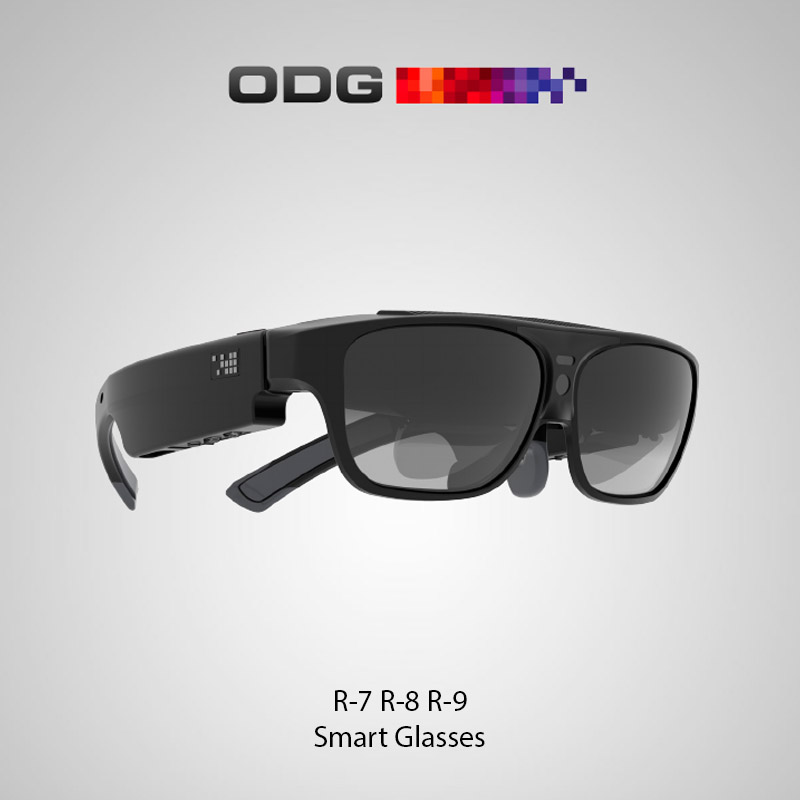Background / Challenge:
Ralph Osterhout is an American inventor, designer, entrepreneur, and CEO of Osterhout Design Group (ODG). Osterhout is credited with over 250 patents and applications and has developed over 2,000 different products for the company and the US Government.
After college in 1969, Osterhout created a new kind of diver propulsion vehicle (DPV) named the MK I. The US Navy subsequently purchased its successor, the MK II in 1970. In 1977 Osterhout helped to create the Lotus Esprit convertible submarine used in the James Bond/007 movie ‘The Spy Who Loved Me”. In fact, Osterhout has been referred to as the “real-life Q” – the fictional character that equips James Bond with secret spy gadgets.
In the early 80s, Oserhout developed a unique pair of night visions goggles (NVGs).
Named the PVS-7 Night Vision Goggle. Its revolutionary design used novel composite materials and weighed less than half as much as previous NVGs at only 1.5 pounds. It was designed, engineered in three months and has been used by the US Army, Navy, Air Force and Marines in three wars.
In 2009, Osterhout began building on the success of NVG, focusing on developing products and technologies in the head-worn computing field.
Osterhout and his marketing team retained WANT Branding in 2011 to assist with brand strategy and naming for a new range of smartglasses/wearables prototype.
SOLUTION:
In 2011, Silicon Valley was abuzz with rumors, prototypes and future planned introductions of glasses/wearables. Oculus was working on Rift, and Google founder Sergey Brin was developing a smartglasses prototype named Glass.
ODG’s AV-equipped glasses would provide a dynamic cutting-edge interactive experience of audio and visual technologies. The AV glasses combined all of the attributes of high-end sunglasses with an augmented reality entertainment system producing a private 24” heads up display, which would be superimposed about one meter from the user’s eyes.
WANT explored a variety of name types and examined the pros and cons of adopting a sub-brand name (like Oculus’ Rift) or adopting a master brand approach that would use the ODG corporate brand along with an alpha numeric approach.
After careful evaluation, we recommended an alpha-numeric names, the R-7 (‘R’ from ‘Ralph’, 7 denoting seventh prototype). Plus the alpha-numeric approach created some subtle continuity going back the MK I and PVS-8 products. The R-7 alpha-numeric approach would also allow for evolution and in 2016 the R-8 and R-9 smart-glasses hit the market.
OUTCOME:
The strength of the R-7 enabled ODG to secure $58M in funding to help build the new glasses so that the company could help “bring glasses to the masses” and take the San Francisco-based company even further past its military contractor roots in AR. The new R-8 and R-9 glasses launched at CES in 2017.



